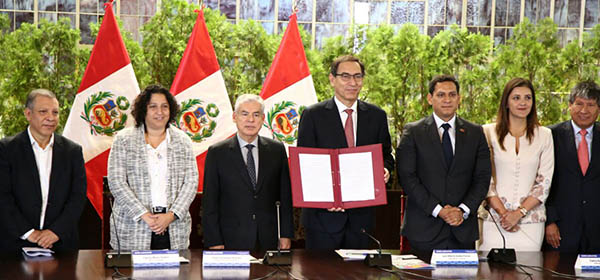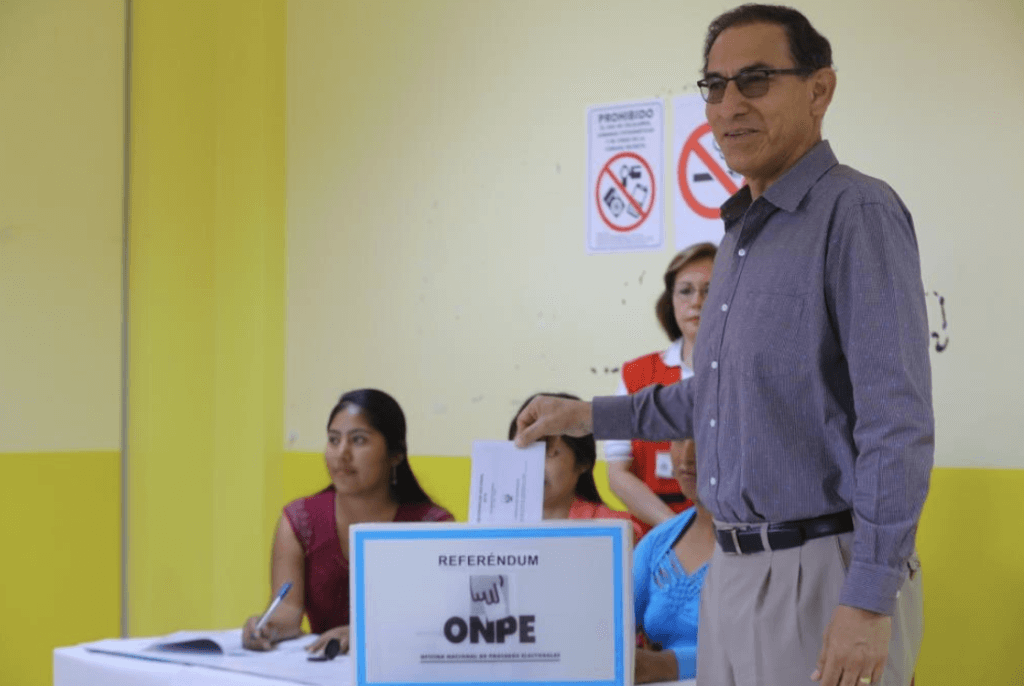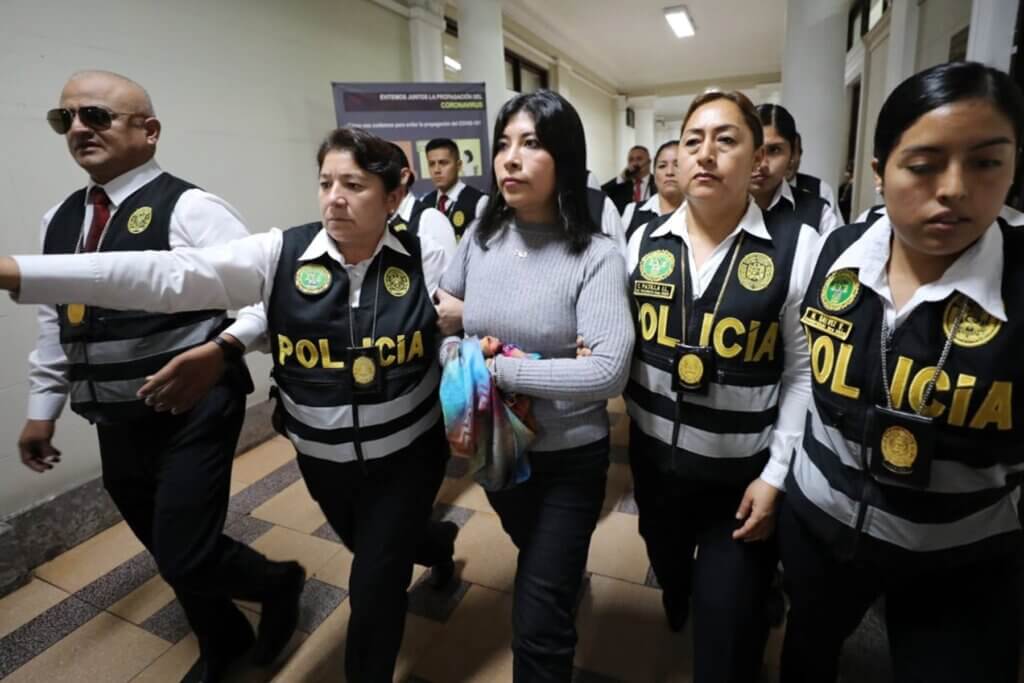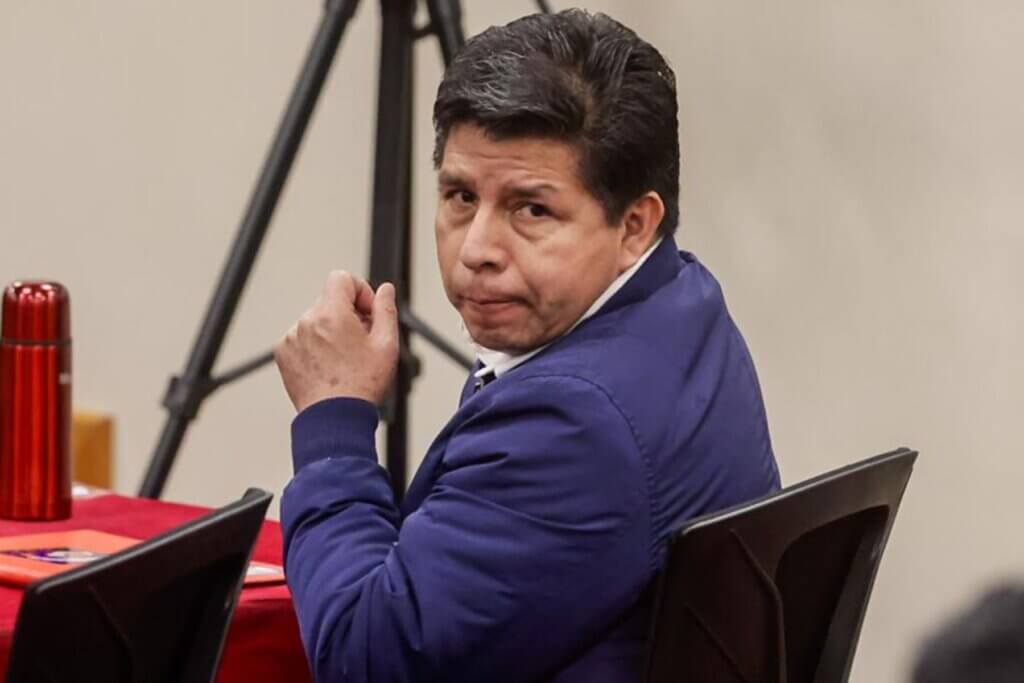This morning Peru led the way in South America with the first Law for Climate Change being officially signed by Martin Vizcarra in the government palace.
The new law, unanimously approved by Congress in the middle of March, aims to reduce the amount of carbon emissions and develop strategies to reduce harmful effects of climate change on the Peruvian landscape. Ex-minister of the environment, Esla Galarza, was quoted in Spanish language news source ExitosasNoticias about the advantages of the law.
“[This law] allows us to look with optimism at our future, and tackle climate change in a united way, convinced that a country which is environmentally responsible is a country that grows, that has a vision of the future.”
The law will set out clear rules that follow the UN’s 17 objectives for sustainable development, and will follow recommendations with the extra objective of becoming a member of Organisation for Economic Co-operation and Development.
The Ministry of the Environment have been given the responsibility of making sure the new regulations are followed satisfactorily, and to monitor and record the levels of harmful greenhouse gases.
El Comercio reported that from the creation of the law on March. 15, the Ministry of the Environment were given 180 days to create rules and projects that work to mitigate the effects of climate change. The Ministry’s website claims that 67% of the disasters that occur in the country are due to environmental issues.
Vizcarra said that it cannot be ignored that the planet is undergoing negative changes due to climate change, and that all citizens must work together to combat this, reported ExitosasNoticias.
“We must be responsible to leave a legacy to our children and the future generations of Peru,” he said. “We all have to get involved and my government takes on this challenge with responsibility and determination.”
El Comercio reported that Vizcarra referred to the law as an opportunity for the state to increase its public spending efficiency by promoting research to help people make more informed decisions about investments. In this way, investment projects can be created that incorporate an awareness of climate change while planning the development of the country. He also mentioned that new technologies would play a role in the fight against environmental issues.
The Ministry of the Environment and Pedro Solano, executive director of the Peruvian Society of Environmental Rights, highlighted that they would require the cooperation of all state entities and regional governments in order to succeed.
“For example, it wouldn’t be possible for us to devise an environmental objective, and at the same time an energy or transport objective that aren’t consistent with each other,” Solano told Peru’s El Comercio.
As well as purely environmental concerns, the law will also focus on bringing environmental education to schools, in order to raise a generation which is conscious of the problems faced by the planet. The law will also promote environmental studies and research in universities in order to obtain new information about the effects of climate change.
“It’s very important to first generate information, process it and present it to the public and to decision-makers in a suitable way,” Solano affirmed.
Peru has also suffered from deforestation in the Amazon that researchers say have exaggerated the effects of climate change.
Congressman Marco Arana noted that Peru is the third most vulnerable country in South America in regards to climate change. With this new law in place, the future looks hopeful for a cleaner, more sustainable Peru.








